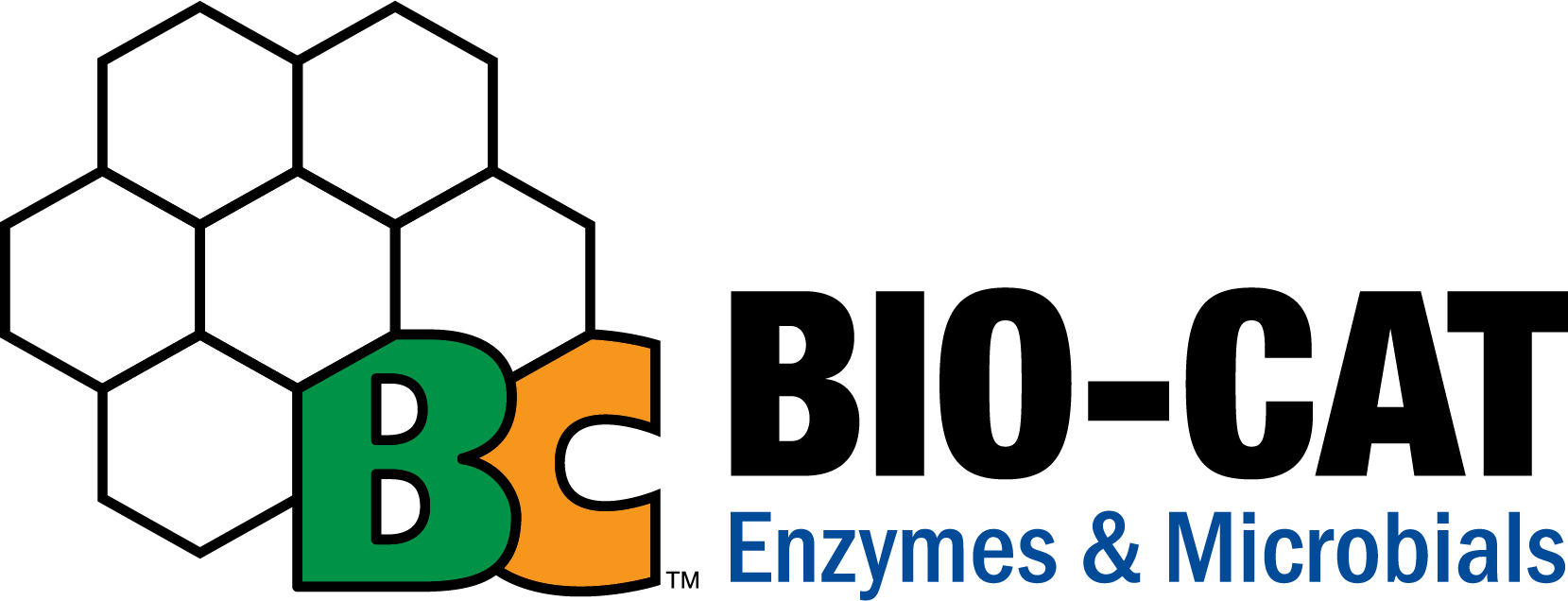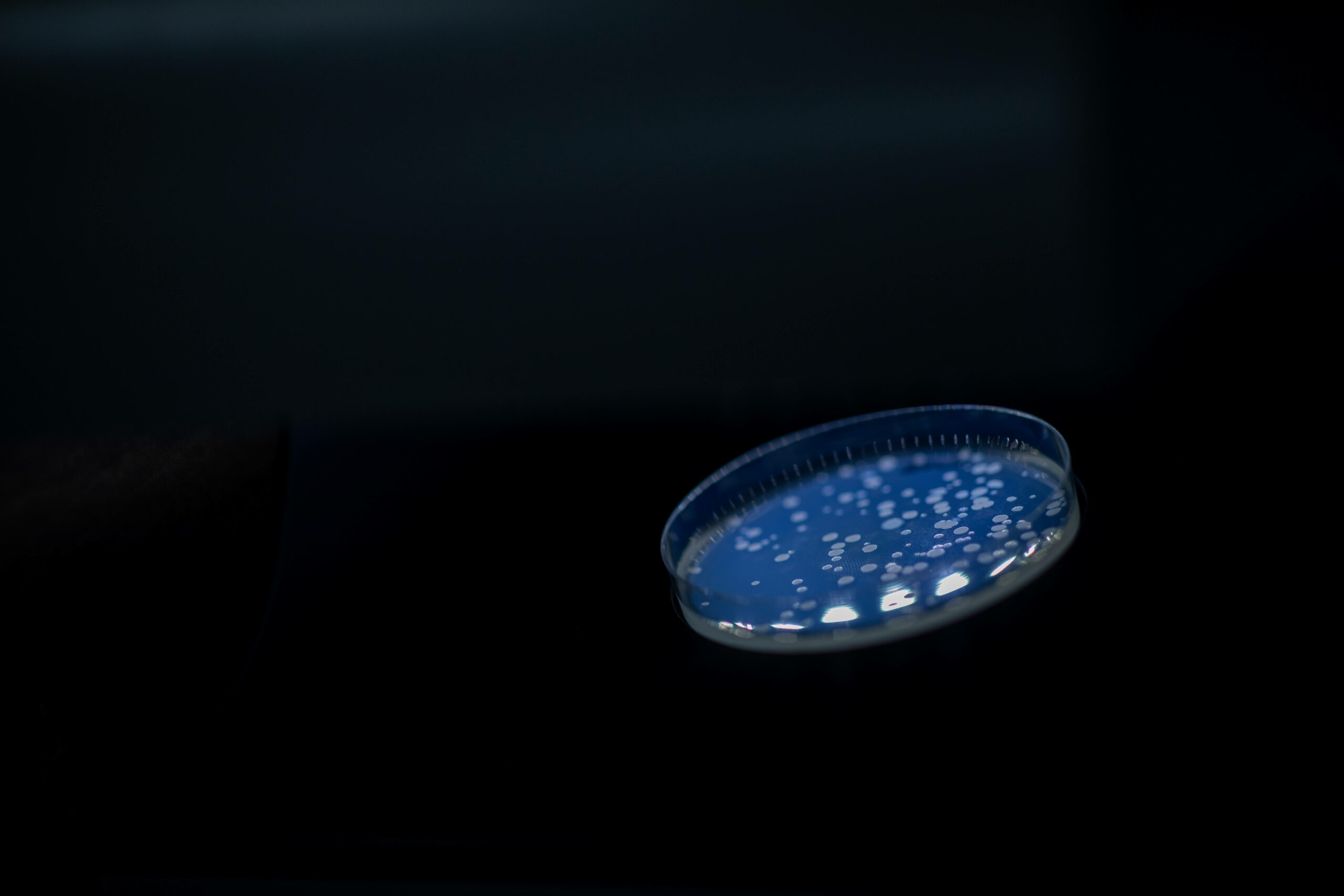SHAKOPEE, Minn., April 1, 2021 — BIO-CAT Microbials, LLC is pleased to announce receipt of a “Letter of No Objection” from the United States Food and Drug Administration regarding the GRAS (generally regarded as safe) status of its OPTI-BIOME® Bacillus subtilis MB40 microbial ingredient; reference GRN 955 for further details1. In addition to the FDA letter, BIO-CAT Microbials OPTI-BIOME® MB40 has a Master File submitted to Health Canada to allow its usage in dietary supplements.
“We have sold this safe and remarkably stable ingredient into the dietary supplement and food market for a few years now. This letter of no objection opens the door to more formulation options, including functional foods and beverages,” BIO-CAT CEO and co-founder Chris Schuler said in a company release.
Indeed, microbial ingredients can be found in a wide variety of formats including cereals, pastas, baked goods, seltzers, and juices. BIO-CAT Microbials OPTI-BIOME® MB40 is particularly well suited for food and beverage formulation because this ingredient naturally contains a thick protein coat that resists the damaging effects of high heat, low pH, and days on the retail shelf.
The positive FDA response follows the February publication of the OPTI-BIOME® MB40 safety assessment in the peer-reviewed journal Nutrients2. Beyond bioinformatic and in vitro studies, the safety assessment included rigorous testing of OPTI-BIOME® MB40 safety and tolerability in animals and humans. Altogether, the studies glowingly support the safe use of OPTI-BIOME® MB40 in dietary supplements up to 10 billion CFU per day and in food up to 2 billion CFU per serving.
“For human nutrition, ingredient safety is paramount for all of our products from microbial strains to digestive enzymes. We are committed to safety testing that exceeds minimal expectations, especially for probiotic strains from species that are relatively new to the marketplace” confirms Schuler.
The announcement from BIO-CAT Microbials, LLC is consistent with an intensifying industry focus on probiotic studies. PubMed indicates that published probiotic research has doubled from 2,234 peer reviewed publications in 2015 to 4,442 publications in 2020.3 Not only is industry researching the advantages of probiotics, the NIH budgeted $812 million for probiotic research in 20204 as well.


